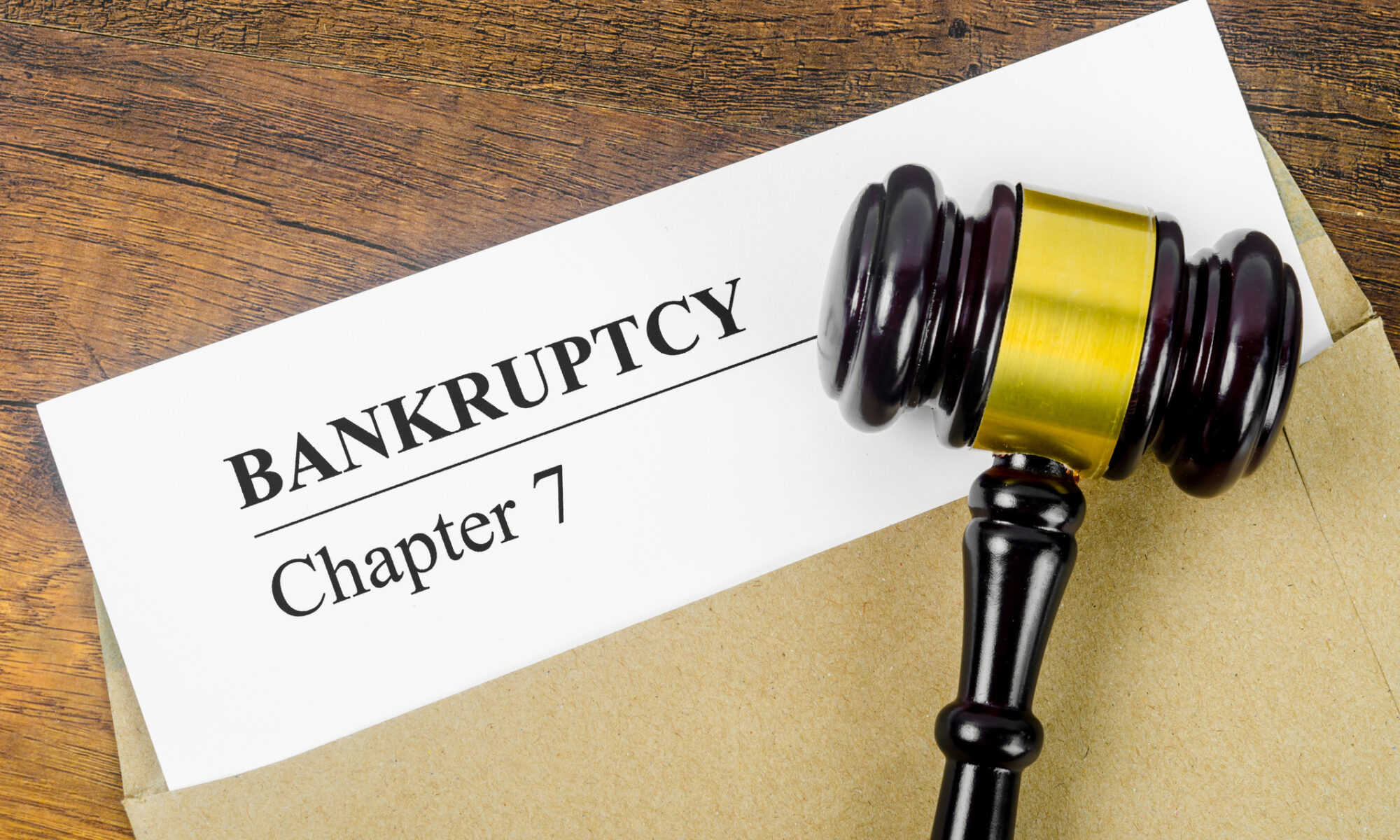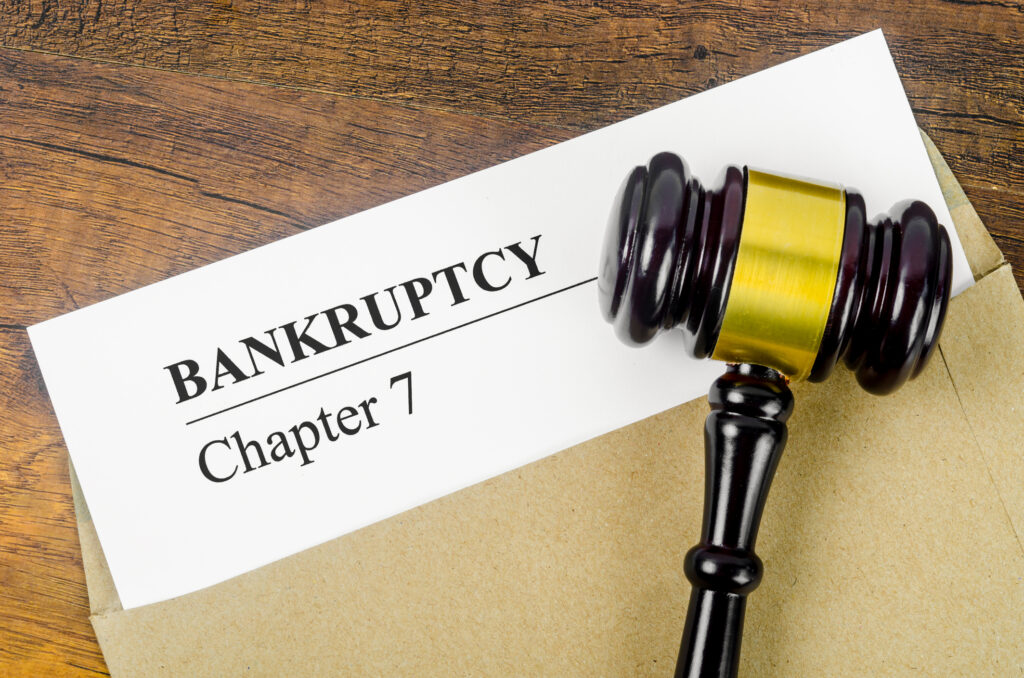
Chapter 13 bankruptcy is a legal procedure available to individuals and small businesses to repay all or part of their debts under the protection and supervision of the court. It provides a lifeline for businesses that are struggling to meet their financial obligations. While it might sound like an extreme option, this is often a good strategy for small businesses and owners. Here’s what you need to know and how a bankruptcy attorney can help guide you through Chapter 13 bankruptcy in Virginia.
Eligibility for Small Businesses Using Chapter 13 Bankruptcy
To qualify for Chapter 13 bankruptcy, a debtor must be an individual or a sole proprietorship. Unfortunately, partnerships and corporations are not eligible. Moreover, debtors must have a regular income that is enough to meet their necessary living expenses and to keep up with the required payments under the plan.
The Basics of Chapter 13 Bankruptcy
Chapter 13 bankruptcy is often referred to as a wage earner’s plan as it enables individuals with regular income to propose a plan to repay all or part of their debts over three to five years. This procedure is different from Chapter 7 bankruptcy, which liquidates the debtor’s assets to repay creditors.
Avoid Bankruptcy Proceedings with Partnerships
If your small business is a partnership or corporation, you may consider alternatives to bankruptcy such as debt restructuring, negotiation with creditors, or a business turnaround plan. Consulting with a bankruptcy attorney can provide insight into the best option for your unique situation.
Benefits of Chapter 13 Bankruptcy in Virginia for Small Businesses
Chapter 13 bankruptcy allows small businesses to keep their property and catch up on missed mortgage, car, and non-dischargeable priority debt payments. It also provides a chance to reschedule secured debts and extend them over the life of the Chapter 13 plan, potentially lowering the payments.
Nonexempt Business Property
Nonexempt property refers to assets that you must surrender to the bankruptcy trustee because they’re not covered by an exemption. The trustee then sells these assets and uses the proceeds to repay your creditors.
Exempt Business Property Types
Exempt property, on the other hand, is what you are allowed to keep when you file for bankruptcy. In Virginia, these include a portion of the equity in your home, car, household appliances, clothes, family heirlooms, and personal effects. Certain tools used in your trade or profession may also be exempt. A bankruptcy attorney can provide a full list of exempt property under Virginia law.
Reduce the Balance of Secured Loans
One of the benefits of Chapter 13 bankruptcy is the ability to reduce the balance of secured loans to the value of the property securing the loan. This process is called “cramdown” and can be particularly beneficial for underwater mortgages and car loans.
Get Rid of Business Debts
While certain debts like student loans, child support, alimony, and certain taxes are not dischargeable in bankruptcy, most business debts can be discharged in a Chapter 13 bankruptcy. This can help your business start anew after emerging from bankruptcy.
Pay Off the Important Creditors Quickly
Chapter 13 bankruptcy allows small businesses to prioritize payments to crucial creditors, allowing for the survival of the business. This can be particularly important if a significant portion of the debt is owed to suppliers or other crucial business relationships.
Using Chapter 13 Bankruptcy to Repay Business Obligations with Personal Guarantees
Chapter 13 is especially helpful when the business owner has personally guaranteed business debts. The automatic stay provision of Chapter 13 bankruptcy halts all collections, including those on personal guarantees. The repayment plan then allows for a more manageable repayment of these debts.
Why It’s Important to Work with a Bankruptcy Lawyer When Filing for Chapter 13 Bankruptcy in Virginia
Working with a bankruptcy lawyer can streamline the process of filing for bankruptcy. An attorney can help you prepare the necessary paperwork, propose a repayment plan, and represent you at hearings. Additionally, they can guide you through the complex bankruptcy laws and ensure that you fully understand the implications of filing for bankruptcy.
Request a Consultation with the Law Offices of Robert S. Brandt for Help Filing Chapter 13 Bankruptcy in Virginia
If you are considering filing for Chapter 13 bankruptcy, contact the Law Offices of Robert S. Brandt. I understand the nuances of bankruptcy law and can guide you through this challenging time. With a consultation, I can assess your situation and help you make an informed decision about whether Chapter 13 bankruptcy is the right choice for your small business in Virginia. Contact me to schedule your confidential consultation and start the journey towards financial recovery.






